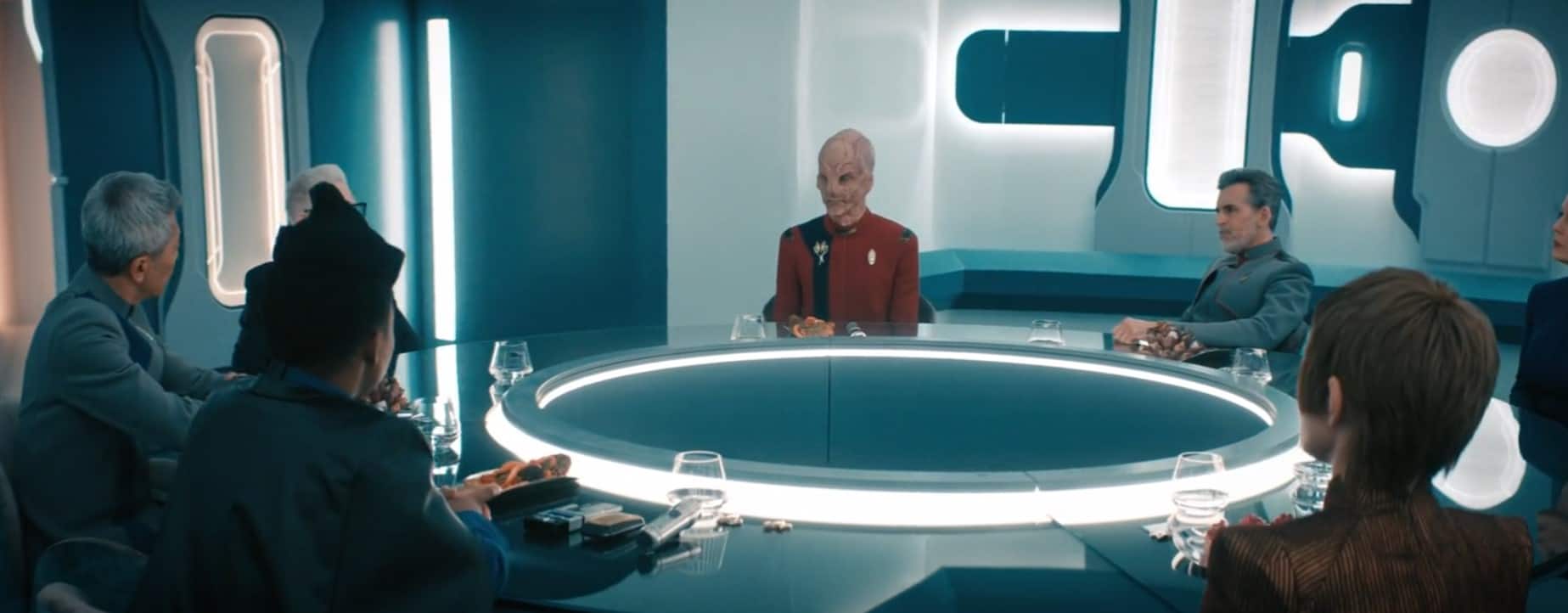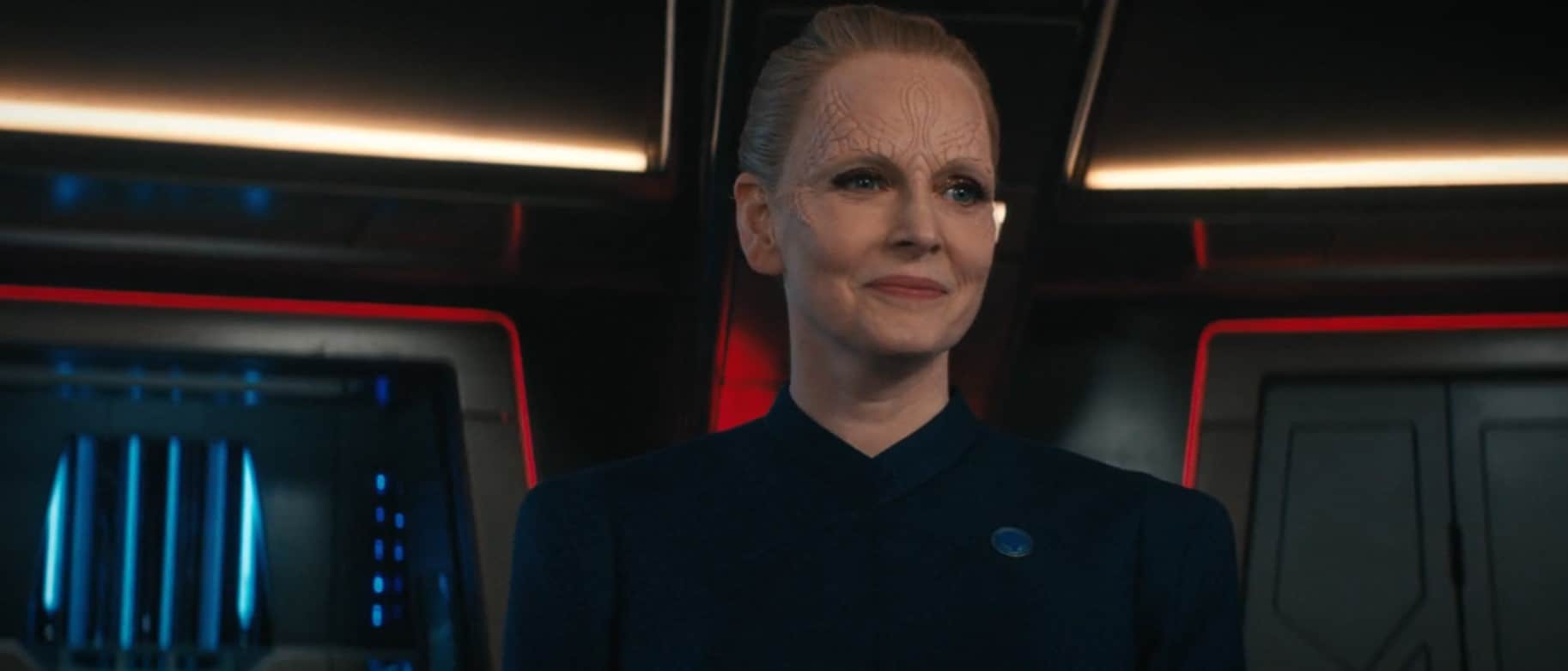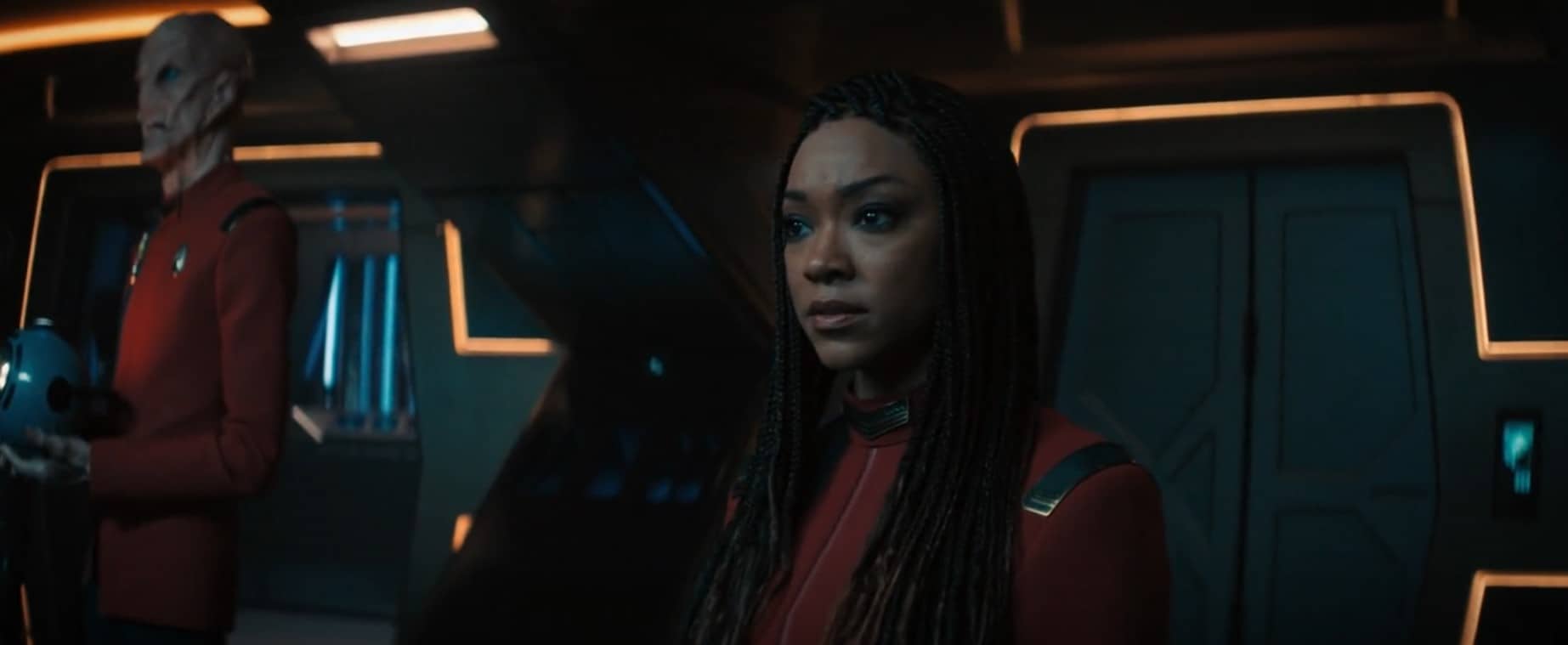Trekkies are sad now that they lost their show. Yes, it’s sad, but we must inform you that Star Trek: Discovery was canceled by CBS networks, and we aim to explain to you why. There are many reasons why CBS decided to pull the plug on this Star Trek show despite the heavy investment and what it cost to make it, but as with all things, every production company has a fiduciary responsibility towards its shareholders when it comes to reporting profits on the products they decide to develop.
And in the case of Star Trek: Discovery, things got complicated from the get-go. I’ll try my best to explain that to you. Even if you’re a big Trekkie, you know that Discovery had its ups and downs, and it was mostly the latter when it came to several aspects like the story, how the show was developed, and other aspects behind the scenes that eventually became from drops in the bucket to a full stream and eventually led to the show’s cancelation.

Why Was Star Trek: Discovery Canceled?
Star Trek: Discovery felt like a round peg in a square hole, like that hoodie in your closet that you know doesn’t fit you but you still want to wear despite knowing better. The show dropped as a CBS All Access show, and it had publicity and fanfare. It was supposed to put that platform on the map and make the jump to hyperspace. It was a bet worth millions, but the show never picked up.
It’s not like CBS didn’t do anything to make the show go. That market campaign was intense, but “Discovery” isn’t Strange New Worlds, and the segment it tried to captivate —the Trekkies— is a very small segment of an entire demographic within the Sci-Fi genre. Not only was it a problem to market a completely niche-centered show to a wider audience, but there were problems with the plot, something that Trekkies deemed “poor scriptwriting” There were problems behind the scenes, with CBS changing executive producers left and right.
If something gets under the skin of a Trekkie, poor writing and poor character development, the critics pop left and right. Blogs, vlogs, Reddit threads, and forums were full of irate Trekkies complaining in interdimensional circle jerks about just how much Discovery sucked. All that prompted Paramount+ to delay a fourth season and eventually pull the plug.

Also Read: Star Trek: Discovery Filming Locations & Sets
Streaming Is A Business
Streaming is a business like any other, and every production company must report profits to their shareholders. It’s their responsibility, a fiduciary one. Shareholders expect that those given the power to decide on the fate of the products and services they embark on produce enough revenue to make a sustainable business.
Otherwise, there’s no point, and streaming behaves just like regular television would if a show sucks, but it’s profitable. The producers will keep that show going and milk that cow to the bone dry. But if the show sucks and isn’t profitable, they simply cancel it.
Take the case of Paramount+. While the platform has its attractions like some cool sports —if you pay the premium package—that streaming service is struggling when it has to compete with titans like Disney, Hulu, Netflix, or Warner’s HBO Max. Furthermore, Paramount+ tends to attract viewers only when new seasons of a Taylor Sheridan show pop up.
So, when they put their chips and tried to make Star Trek: Discovery work just because they own that franchise, that didn’t mean it was going to take off, despite spending a considerable amount of millions of dollars worth of advertising in a flawed product, in the end, Star Trek: Discovery sucked as much as that Picard show, and that’s the reason they both ended up being a huge dumpster fire in a franchise that’s struggling to survive and expand past side events at conventions in strip malls and funny costumes at Comic-Con.
Also Read: Did Wesley Crusher Die? What Happened To The Star Trek Character: Explained






Discovery, Picard…yuck. Thank goodness for Strange New Worlds.